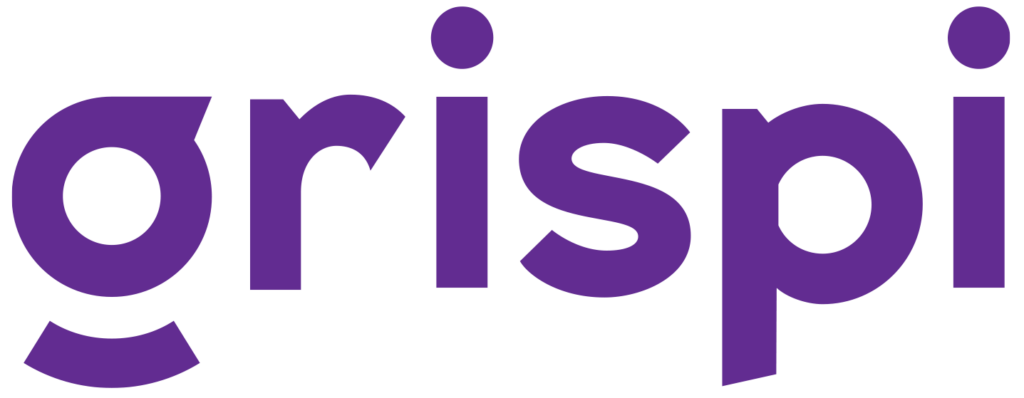What is SaaS Customer Support?
- March 29, 2024
From enhancing user experience and maximizing productivity to safeguarding brand reputation and driving long-term customer satisfaction, effective SaaS support is indispensable in today’s competitive landscape. We explore why excellent support is essential, highlighting the risks of inadequate support and the opportunities for improvement it presents.
Additionally, we discuss five key best practices for delivering exceptional SaaS support, providing practical insights and strategies for companies to enhance their support offerings and drive customer success.
What is SaaS Customer Support?
Software as a Service (SaaS) customer support refers to the assistance provided by a SaaS provider to its users. Unlike traditional software where users might have to rely on in-house IT teams or third-party vendors for support, SaaS customer support is typically offered directly by the SaaS provider.
This support can encompass various types of assistance, including troubleshooting technical issues, answering user inquiries, providing training and resources, and offering guidance on best practices for utilizing the software effectively. SaaS customer support aims to ensure that users have a seamless and positive experience with the software, thereby maximizing customer satisfaction and retention.
Why is SaaS Support So Important?

Enhanced User Experience
Effective SaaS support is vital for providing users with a seamless and positive experience. It ensures that users can overcome any hurdles they encounter while using the software, whether it’s troubleshooting technical issues, navigating complex features, or seeking guidance on best practices. By offering responsive and knowledgeable support, companies can build confidence and trust among users, leading to increased satisfaction and loyalty.
Maximized Productivity
Timely resolution of technical issues and access to helpful resources are instrumental in maximizing productivity within organizations. When users encounter obstacles or inefficiencies in using SaaS software, it can disrupt workflows and hinder productivity. However, with efficient support mechanisms in place, users can quickly address any challenges they face, enabling them to focus on their core tasks and responsibilities. As a result, companies can achieve higher levels of operational efficiency and output.

Improved Customer Satisfaction
SaaS support plays a significant role in shaping overall customer satisfaction levels. Prompt assistance and guidance from knowledgeable support agents contribute to a positive support experience, leaving users feeling valued and supported. Satisfied customers are more likely to remain loyal to the SaaS provider, renew their subscriptions, and potentially advocate for the software within their networks. Conversely, poor support experiences can lead to frustration and dissatisfaction, increasing the likelihood of customer churn and negative word-of-mouth publicity.
Faster Time to Value
Efficient and effective SaaS support accelerates the onboarding process for new users, enabling them to quickly realize the value of the software. Comprehensive training resources, responsive support channels, and proactive assistance during the implementation phase help users overcome any initial hurdles and start deriving benefits from the software sooner. A faster time to value not only enhances user satisfaction but also strengthens the business case for investing in the SaaS solution, driving ROI and long-term success for companies.

Competitive Advantage
In today’s competitive market landscape, delivering superior SaaS support can be a powerful differentiator for companies. With numerous SaaS providers vying for customers’ attention, those that excel in providing exceptional support stand out from the crowd. A reputation for responsive, knowledgeable, and customer-centric support can attract new customers, retain existing ones, and ultimately drive business growth. By prioritizing SaaS support as a strategic differentiator, companies can gain a competitive edge and position themselves as leaders in their industry.
Ensuring Excellent SaaS Support is Critical
Ensuring excellent SaaS support is critical for maintaining customer satisfaction and driving long-term success. Here’s why:
Customer Retention: Inadequate support can lead to frustration and dissatisfaction among users, increasing the likelihood of customer churn and revenue loss for the SaaS provider.
Brand Reputation: Poor support experiences can tarnish the reputation of the SaaS provider, resulting in negative word-of-mouth publicity and damaging the brand image in the market.
Lost Revenue Opportunities: Unresolved technical issues or lack of support can hinder users from fully utilizing the software’s capabilities, impacting their willingness to renew subscriptions or upgrade to higher-tier plans.
Risk of Disruption: Technical glitches or downtime without prompt resolution can disrupt users’ business operations, leading to potential financial losses and erosion of trust in the SaaS provider.
Opportunity for Improvement: By prioritizing excellent SaaS support, companies can gain valuable insights into user needs, pain points, and usage patterns, driving continuous improvement and innovation in their software offerings.

What are SaaS Support Best Practices?
Implementing SaaS support best practices is essential for delivering exceptional customer experiences and maximizing the value of SaaS solutions. Here are five examples:
1. 24/7 Availability
Offer round-the-clock support through multiple channels such as live chat, email, and phone to cater to users in different time zones and accommodate urgent queries or issues. By providing 24/7 support, companies demonstrate a commitment to customer satisfaction and ensure that users have access to assistance whenever they need it.
2. Comprehensive Knowledge Base
Develop a comprehensive knowledge base or self-service portal with FAQs, tutorials, troubleshooting guides, and video tutorials to empower users to find answers to common questions independently. A well-organized and searchable knowledge base not only reduces the burden on support agents but also empowers users to resolve issues quickly and efficiently on their own.

3. Proactive Monitoring and Alerting
Implement proactive monitoring of system performance and user activities to identify potential issues or trends early and take preventive actions before they escalate into major problems. By proactively monitoring the software environment, companies can identify and address issues before they impact users, minimizing downtime and disruptions.
4. Personalized Support
Provide personalized support by assigning dedicated account managers or support representatives to key accounts, offering tailored assistance, and building strong relationships with customers based on trust and mutual understanding. Personalized support fosters a sense of partnership and collaboration between the SaaS provider and the customer, leading to deeper engagement and long-term loyalty.
5. Continuous Training and Education
Offer ongoing training sessions, webinars, and workshops to educate users on new features, best practices, and tips for maximizing their use of the SaaS software, ensuring they stay updated and proficient in its usage. By investing in continuous training and education, companies empower users to unlock the full potential of the software, drive user adoption, and achieve greater levels of success.
By incorporating these SaaS support best practices into their strategies, companies can deliver exceptional support experiences, drive customer satisfaction, and maximize the value of their SaaS solutions.
Contact Us
Fill out the form for detailed information and demo account, let us call you.
